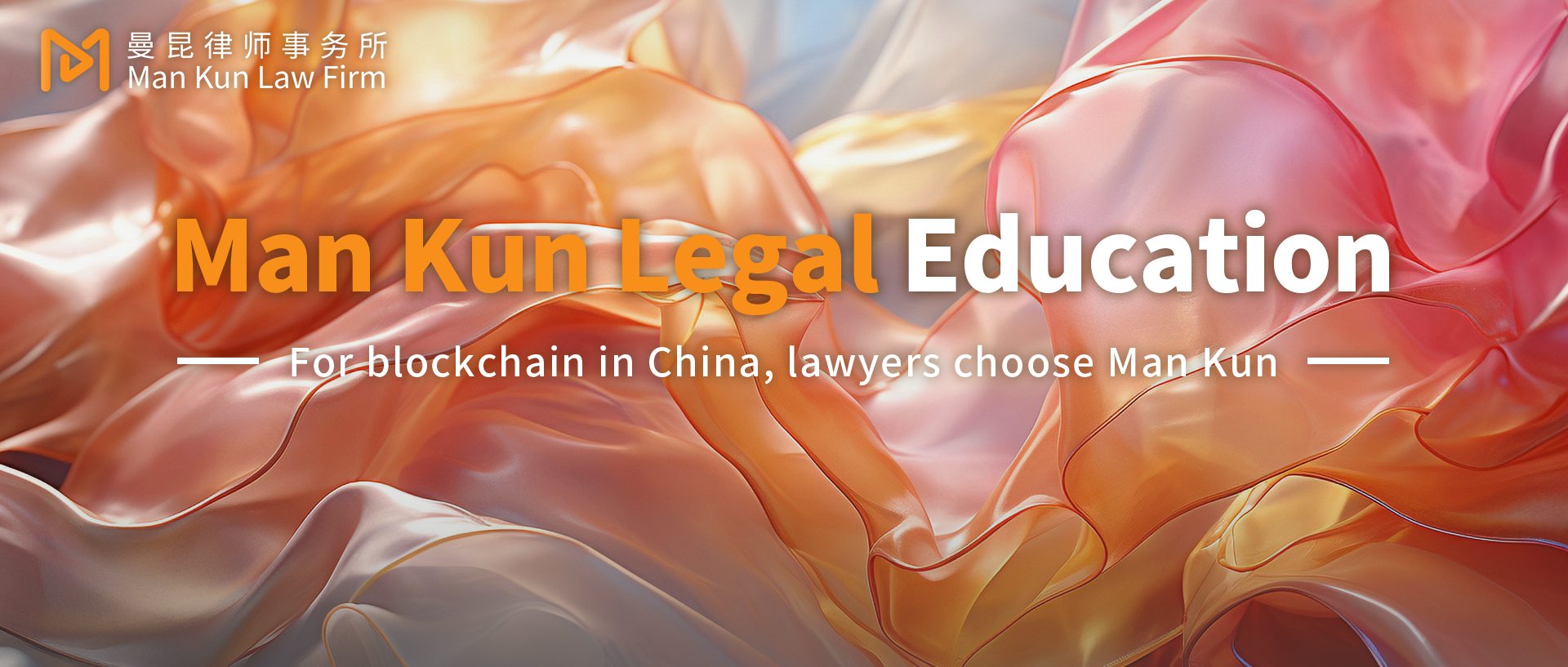
KEYTAKEAWAYS
- Beijing’s intervention reflects a fundamental conflict between state sovereignty and private financial innovation within China’s digital currency ecosystem.
- The pause underscores Hong Kong’s limited autonomy in monetary matters despite its ambition to become a digital-asset hub.
- China supports digital finance but insists that monetary authority — and trust creation — remain firmly under state control.

CONTENT
Ant Group and JD.com’s halted Hong Kong stablecoin plans reveal Beijing’s determination to protect monetary sovereignty, highlighting the tension between innovation and state control.

THE POWER STRUGGLE BEHIND THE “PAUSE”
On October 19, according to the Lianhe Zaobao report, people familiar with the matter said that Chinese technology companies such as Alibaba’s Ant Group and e-commerce giant JD.com have suspended plans to issue stablecoins in Hong Kong.
The suspension of Ant Group and JD.com’s stablecoin projects in Hong Kong is not just another regulatory delay.
It exposes a deeper conflict between financial innovation and state control — a reminder that in China, money creation represents sovereignty, not entrepreneurship.
Both companies had expressed strong interest in Hong Kong’s new stablecoin licensing framework, which took effect in mid-2025.
The framework was intended to position Hong Kong as a global hub for compliant digital assets, allowing corporations to issue fiat-backed tokens under the supervision of the Hong Kong Monetary Authority. However, according to multiple reports from Financial Times and Reuters, Beijing swiftly intervened, instructing these tech giants to suspend their initiatives.
WHY BEIJING INTERVENED
At the heart of this decision lies one crucial truth: private companies cannot be permitted to create “parallel money.”
From Beijing’s perspective, even a fully collateralized, licensed stablecoin would still represent a private credit system — and therefore a potential challenge to the People’s Bank of China’s monetary authority.
Allowing Ant Group, already a key participant in the digital yuan (e-CNY) pilot, to issue its own stablecoin would blur the line between state-backed currency and commercially issued tokens. For the Chinese government, that line must remain clear. If money is trust, then that trust must originate from the state, not from a corporation, regardless of its technological capability or compliance.
HONG KONG’S AMBITION MEETS POLITICAL REALITY
Hong Kong has long sought to reclaim its global financial edge by embracing digital assets.
The passage of the Stablecoin Bill in May 2025 was celebrated as a breakthrough, signaling the city’s readiness to lead Asia’s next financial transformation. Yet this ambition collided with a geopolitical reality: Hong Kong’s financial autonomy ends where Beijing’s currency policy begins.
While Hong Kong regulators were prepared to authorize private issuers, mainland authorities viewed the move through the lens of national security.
Any offshore issuance of a stablecoin tied to the Hong Kong dollar or the yuan could eventually flow back into the mainland, undermining capital controls and introducing unmonitored liquidity.
The suspension, therefore, was not a rejection of innovation but an assertion of boundaries — Hong Kong can experiment, but it cannot redefine the future of Chinese money.
THE BIGGER PICTURE: DIGITAL YUAN VS. PRIVATE STABLECOINS
Beijing’s long-term digital strategy centers on the e-CNY, the sovereign digital currency under the People’s Bank of China. Allowing major tech firms such as Ant or JD.com to issue their own stablecoins, even offshore, would introduce a competing form of digital value transfer.
For China, that is not an acceptable risk. The e-CNY must remain the sole state-endorsed symbol of digital monetary power. While Hong Kong’s stablecoin framework promotes openness, Beijing favors innovation that reinforces, rather than rivals, the state’s agenda. Ultimately, this conflict is not about technology or volatility — it is about who gets to define and issue trust.
MARKET AND INDUSTRY REACTIONS
The market’s reaction was cautious but telling. Investors quickly recognized that the message extended far beyond Ant and JD.com — it applied to every Chinese company at the crossroads of fintech and digital assets. Analysts viewed the move as a clear reminder that innovation must remain within the boundaries of monetary sovereignty.
For Hong Kong, the pause could slow its ambition to become a major stablecoin hub until new guidelines clarify which institutions — likely state-linked banks or officially designated entities — will be allowed to proceed. For the broader fintech and crypto sectors, the lesson is unmistakable: regulatory approval in Hong Kong is meaningless if it crosses Beijing’s red lines.
IN THE END, A QUESTION OF TRUST
The Ant-JD stablecoin pause is less about halting progress and more about defining authority. China’s leadership seeks to promote digital finance, but only within a structure where the state remains the ultimate issuer of trust.
Innovation is encouraged. Experimentation is tolerated. But the right to create money — even in digital form — is not negotiable.
As one analyst summarized: stablecoins are not a technological issue; they are a sovereignty issue. And in that equation, Beijing’s stance is clear — the future of Chinese money will not be privately coded.















